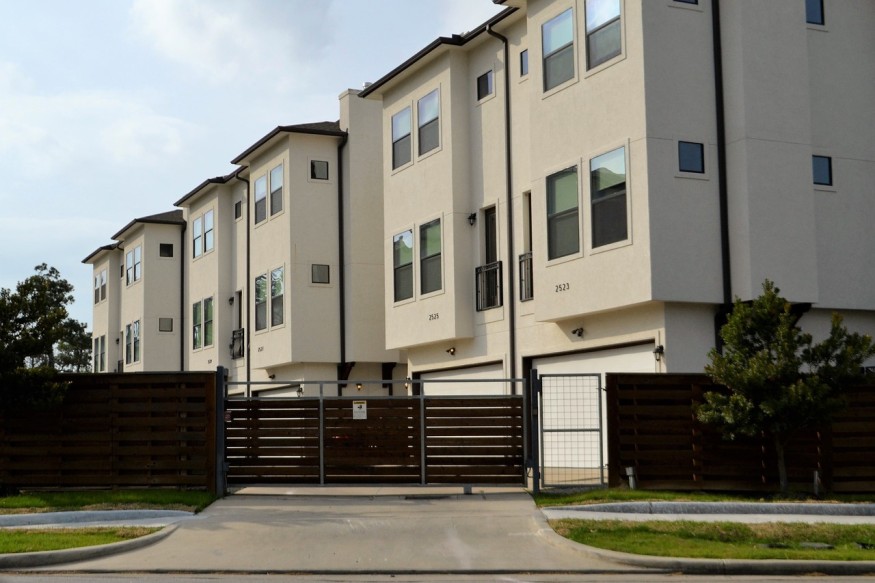
You've worked through the steps of getting a new home and completed your "moving out" checklist. It's now time to relocate, and you're excited about the experience. However, even as you move into a new home, it's easy to forget a few critical things like your own safety and that of your family. So, how do you address the safety concerns in your new home?
The truth is, there are some security concerns that should be addressed when you move from one home to another. Not only that, your new home may need a few adjustments to feel as if it's fully "yours."
Some of these issues, if not addressed, may pose a safety risk to you and your family, especially if the house has been empty for a significant amount of time. Here are four steps to take to ensure a safe stay in your new home.
Install Effective External Home Security Features
Let's face it: burglaries are the most common threats to home security. Even the best neighborhoods experience occasional crime. Installing top-notch external home security features should be a priority when moving into a new home. From cameras to motion sensors, there are many different security appliances to choose from today.
One aspect that is often overlooked is changing the locks after purchasing a house. The owner may have passed the keys on to you, but many others may have received a key to the home over the years. Also, don't forget to secure the garage with smart locks to prevent any break-ins as well, since your car may be the most expensive possession you have.
Get To Know Your Neighbors
Many people would rather remain on social media than go out and socialize with their neighbors. As a result, you may not be familiar with the neighbors in the area. Getting to know the people next door will help you feel safer in your new home.
Whether it's over the weekend or after work, stop by next door for a friendly chat whenever you have time. Inform them about your family members and familiarize yourself with theirs. With this knowledge, it is easier to identify people and vehicles that don't belong and raise the alarm in case of any strange occurrences.
Don't Forget Fire Safety Measures
Waking up to intense flames and smoke is one of the worst things that can befall a family. Home fires are responsible for a significant number of deaths worldwide. Sadly, many of these devastating fires were completely preventable. Today, many appliances can detect fires and prevent any damages or even extinguish the fire automatically. Invest in the latest fire safety equipment for your home to keep your family safe.
Smoke detectors help detect a fire and sound an alarm in case of the presence of any smoke in the home. Automatic sprinklers will dispense water in case of any significant rise in temperature caused by a fire breakout. Aside from these, having fire extinguishers and blankets in the house and a fire escape plan reduces damage and loss of life due to fire.
Practice Proper Food Safety
Proper handling of food and other kitchen safety measures don't always seem like obvious safety considerations to everyone. However, kitchen injuries, fires, and even food-related illnesses occasionally occur in almost every household. Protecting your family from such kitchen risks involves following numerous kitchen safety tips.
Ensure the kitchen is always clean and well-maintained. You should store all food properly in sealed containers to avoid any contamination. With refrigerators, thoroughly thaw any food before cooking to prevent food poisoning. Clean your hands thoroughly before handling food and disinfect all surfaces regularly.
Be Ready for Anything
Despite the excitement that comes with moving into a new home, it is the perfect opportunity to make sure you are and your family are safe. Deal with potential security issues and take steps to prevent accidents before they are a problem. Having open family discussions concerning safety is the first step to building a safe household. As an added advantage, it teaches your children the importance of keeping a safe home for years to come.




